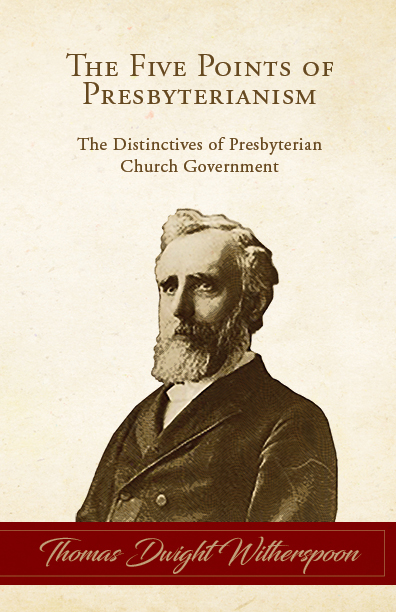(If the author links in this post are broken, please visit our Free PDF Library and click on the author’s page directly.)
We have recently posted the first four volumes of Home, the School, and the Church, edited by Cortlandt Van Renssalaer in the 1850s. This journal/magazine was a collection of articles on Christian education in the three arenas mentioned in its title. Van Renssalaer was the Corresponding Secretary of the Board of Education of the Presbyterian Church from 1846-1860, so he had a special interest in seeing the church think deeply about its responsibility to educate its members.
In the third volume of Home, the School, and the Church, a letter by Dr. Archibald Alexander to a young pastor is included. His counsel about how to spend mornings and evenings in study, and afternoons (presumably) in ministry to people, is instructive both from an historical and a practical standpoint.
[The late Dr. Alexander, who was exceeded by none in sound practical wisdom, gave the following counsels to a pupil who had left the Seminary and gone into the active duties of the ministry.]
Princeton, June 21, 1838.
While you remain at home, I would advise you to spend much of your time in making yourself familiar with the English Bible, and also read a portion of the Greek Testament. Compose one good sermon every week; and set down such texts in your common-place book, as strike you at any particular time, with such a division and leading thoughts as occur; and when you insert a text, leave room for a few leading thoughts or illustrations, to be added from time to time. Spend an hour or two each day in carefully reading the writings of some able theologian. The particulars mentioned will be sufficient for your morning occupation.
In the evening, when at home, read history, ancient and modern. Cultivate an acquaintance with the best English classics. Read them with some regard to your own style. And if you have a strong predilection for any branch of science, literature, or theology, indulge it, at least to a certain extent, and endeavour to make yourself eminent in that department. Make some experiment in writing paragraphs for the periodical press, or in composing a tract. By writing a good evangelical tract, you may be the means of more good than by preaching all your life; for that would live when you were dead.
Do not be idle in the exercise of the ministry which you have received. Your commission reads: "Be instant in season, out of season, reprove, rebuke, exhort, with all long-suffering and doctrine." Carry the Gospel to the ignorant in the suburbs and vicinity of B___________. Seek a blessing and expect a blessing on your labours. Make use of this resting-time to cultivate piety in your own heart; endeavour to keep up communion with your God and Saviour. Be much in meditation, self-examination, learn more and more the wisdom of self denial. Beware of being guided and governed principally by a regard to your own ease or emolument. For Christ's sake be willing to encounter difficulties and to endure privations. Think much of the worth of the soul, and exert all your energies to rescue sinners from ruin. Be not afraid to go to any place where Providence opens the way. Be sure to mark the leadings of Providence towards you, and to follow the path indicated. If you, through inattention and selfish affections, take a course different from that indicated, you will get strangely entangled and bewildered in your pilgrimage, and may never enjoy comfort or be of much use in the world. Through God's blessings we are all well.
I am, affectionately, yours, &c.
May the Lord enable pastors to redeem their time with diligence.






